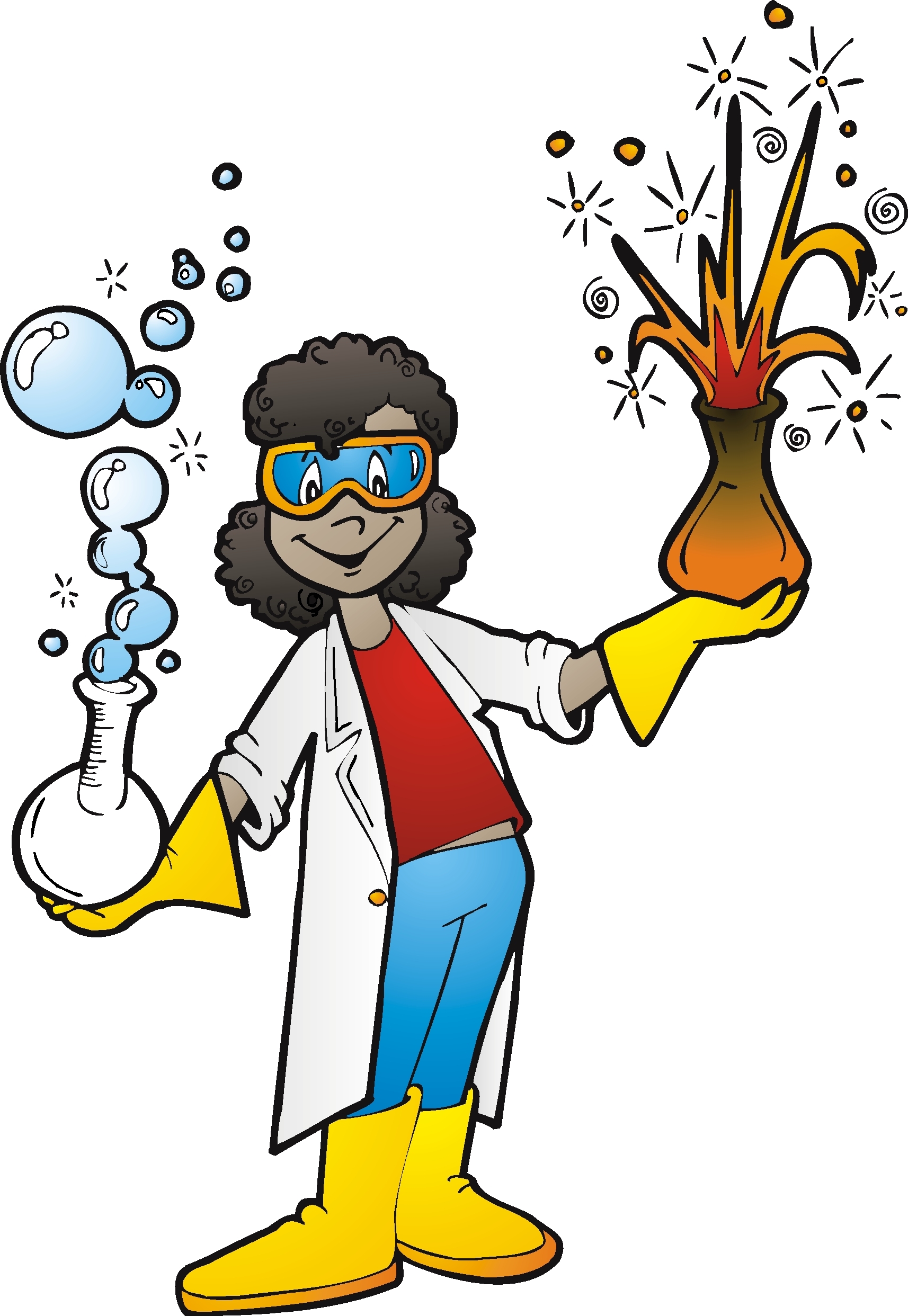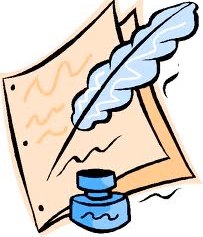Image source: www.facebook.com
What are the current and different ways (tools) that you have, or do, engage your professional network?
When considering the network tools and platforms that I use at the moment, I felt it easier to split them into categories to help make sense of which part of my life they fall in to:
Professional/Personal Hybrid Tools:
Facebook: I currently have two Facebook accounts and I set these up with a purpose in mind; to be able to keep personal and professional contacts separate as well as control 'how much' of me is viewed by colleagues and employers. However, over the years, through having so many professional contacts who have also become friends of mine, these separate pages have lost their identity and merged into each other. From previous jobs, especially those over seas, I have many friends located around the world and for ease and speed of connecting with them and keeping up to date with their lives, albeit often on the other side of the world, I have to admit Facebook is my personal favourite social media platform at present.
Twitter: I used to be a very passive user of Facebook, although since starting on the BAPP course, I have been 'tweeting' more often. These have not been 'tweets' related to the course per say, more that I realised I had never really tried to make myself an active 'tweeter'. I believe in giving everything a fair chance and with the course in mind, I feel this is the opportune time to try my hand at 'tweeting'. I would say there is approximately a 90/10 split between my professional and personal tweets at present, although I am certainly enjoying the ease networking as a professional on Twitter. My recent connections have brought me into contact with an agency who are now in the process of casting me on their books, so I can certainly prove that networking on this platform can be highly successful.
Skype: I used Skype on a personal level when working away from home for long periods to keep in regular contact with friends and family and have always enjoyed the ease and simplicity of it, however I was quite surprised when I heard about Skype sessions for the purpose of the BAPP course. I am yet to join a session (due to my work schedule), although I am intrigued to see if the process of using the network is as simple and effective when used within group setting.
Email: This is probably the number one way in which I am booked for work, be it teaching jobs, events work or performance jobs. This is however a secondary form of networking in my opinion as I would rarely email a company before I have other contact with them via another form of networking. For example, the agency I have just signed with firstly contacted me on Twitter but since, have been emailing me regarding the finer details.
'Offline' networking:
Text Messages: I regularly use text messaging as a way of keeping in contact with companies and confirming job details. Although texting is not always seen as a professional way of communicating, it is fast and efficient and I feel it depends on the working relationship dynamics combined with the content of the text messages as to whether it is appropriate. For example, when I text my boss I do not end the message with kisses, as I would my partner and I keep the message direct and on point. I would also, for ethical reasons never mention children's names for example or their examination pin numbers in a text message as this is all confidential information and needs to be handled with sensitivity and professionalism.
Phone Conversation: Telephone conversations are extremely important in my eyes, as it I feel it is a far more personal way of networking than simply 'tweeting' or 'liking' a company, or even emailing them. In any form of written communication, the emotional intent of a typed sentence can be viewed differently by the reader than it was intended by the writer, whereas a phone conversation irradiates this possible mishap in communication; this could be the different between a positive networking opportunity and a missed one, or worse, a negative interaction.
Face to Face Networking: I recently began teaching a new class, offering the first lesson free as a trial. Although the use of social media to promote the class initially worked better than some more traditional methods of marketing probably could have (leafleting, posters, newspaper adverts), was free of charge and undoubtedly reached a target audience much faster, the real test was having the potential students in the room and interacting with them to engage them, ensuring they had fun. If my face to face networking skills had been lacking, those students may not have come back the following week and signed up to a terms worth of classes, which would have meant a loss of income and outstanding hall fees.
Professional Networking Tools:
Casting Call Pro: This is a great platform for networking professionals as there is a supply and demand feel; companies need artists and artists need work, I do not like that it is a paid tool, only available to those willing to pay a monthly subscription fee. In a 'normal' profession, lets consider a teacher, the prospective employee would be able to contact a school regarding a vacant position free of charge. So why is it acceptable and reasonable to assume that within the 'industry', professionals have to pay for the same opportunities?
Dance-teachers.org: Created and regulated by the ISTD dance examination and training board, this is a free of charge networking platform for all ISTD qualified teachers to easily promote themselves and/or their schools. I have had many work opportunities through this site as it is easy to use and contact details are displayed for potential students and employers.
LinkedIn: I use this as an online resume, where a history of my employment is clearly displayed along with my aspirations and a way for potential employers to contact me. This platform has, so far at least, not brought me any work opportunities but I keep myself on there as it is a purely professional networking site.
Google+/Blogging: Prior to enrolling on the BAPP course, I had little experience with blogs. I am now enjoying interacting with peers and practitioners and finding it very easy to navigate. Going forward, I am unsure as to how useful keeping a blog will be for me personally, although I feel I may become a passive user of blogs, especially those relating to teaching and performing arts as I have found some blogs with wonderful insights and inspirational ideas.
Pinterest: Although this is not a traditional 'networking platform', I do find I use interest a lot as it has many idea for teaching, from lesson planning, to the curriculum and even posts on tackling behavioural issues, which can be 're-pinned' onto my own network for current or future inspiration. It is a very user friendly tool which I enjoy and has thousands of creative people pinning fresh ideas every day making it ideal for my work.
Intranet: The performing arts company I have recently begun teaching for has an intranet site which has thousands of old lesson plans, covering a huge variety of topics and teaching strategies. I feel this is going to become a great site to bounce ideas around with other specialists when lesson planning, especially when looking at topics I may not be as confident with, such as maths or physics.
What are the established (and different) ways that others use their network, especially if they are more established or experienced practitioners that you admire?
Reflection on a peers blog post (1) has shown me a brilliant technique for handling my professional image on social media (web 2.0).
"I have a separate Facebook Profile and Page, a Twitter account for my performance persona as well as for 'myself', separate websites, different LinkedIn and YouTube pages, under both my performer name and my real name."
Quote source: http://danitougher.blogspot.co.uk/2014/10/task-3a-current-networks.html
Are there methods, approaches and technologies that you use socially that might apply and help you develop your professional networking?
I would approximate then when reflecting on my daily use of social media, there is a 80:20 (personal:professional) time split between how many times I 'log on' to browse pages each day. For example, without fail, I will check my personal Facebook profile whilst eating breakfast each morning, for no particular reason than to see what has happened during the seven hours where most of my friends have been asleep (It really is crazy how much of a habit Facebook can become). In contrast, I will only log onto LinkedIn if I remember or if a notification appears on my phone.
When reflecting on this, I wonder, if I were to make LinkedIn (or other tools I use for professional networking) part of my daily musing rather than my personal profiles on Facebook and Twitter etc, would I find more opportunities would present themselves? If I were to put this in to terms of a practical experience, I am effectively socialising with friends, for up to an hour and a half each day whereas I am only 'working' and potentially increasing my professional opportunities online for maybe fifteen minutes per day. This is a obscene imbalance and something that I need to consider more in the future, finding ways of putting my time online to more productive use.
When you reflect upon current networks, can you think about the motives of others to be in the network and what values and purposes they have in mind?
Other than networks specifically aimed at professionals where I only know people who have shown specific interest in me for jobs - Casting Call Pro, Danceteachers.org and others mentioned above - I would say most of the people in my current networks are either ex or current colleagues or other professional industry friends, be it through performing or teaching. I feel within the industry there is an unspoken rule that people always stay 'friends' (I use this term very loosely in some cases) with ex colleagues on social media as they may one day be in a position to offer work to them. I am unsure if this same methodology applies in the 'real world', however I feel with the performance industry being so cliquey and the long standing idea of 'it is who you know, not what you know' being thrown around, I would say that this form of networking is more likely to be more prevalent.
However, after thinking further about this I then stumbled upon this image which takes the original quote and puts a new social media based perspective on it:
Food for thought!
Image Source: www.linkedin.com
What would your ideal network look like and why and what realistic things could you do to work towards developing your ideal network?
After reflecting on the ways in which I have previously used my social networking tools and the knock on effect of private information being shared on public platforms, my 'reincarnated' networks and profiles will be taking on somewhat of a considerable 'facelift', if you will. Using the newfound techniques of my peers, as stated above, I will be endeavouring to make a clear cut distinction between my public professional image and my private personal networks via the methods I previously discussed. A quote that I will keep in mind during this social media transition point is:
Image source: www.pinterest.com
Conclusion:
I have really enjoyed this task and the process of reflection I have undergone to recognise the path I would now look to going down, in regards to my images on social media (Web 2.0). I think my thoughts on social media have developed immensely as to recognising that there are pros and cons in equal measure to social media. My thoughts right now are that, if social media is done well, it is an incredibly powerful tool but, in equal measure, when abused, it can be just even more powerful and that, for me makes it something to be treated with a great deal of respect.









